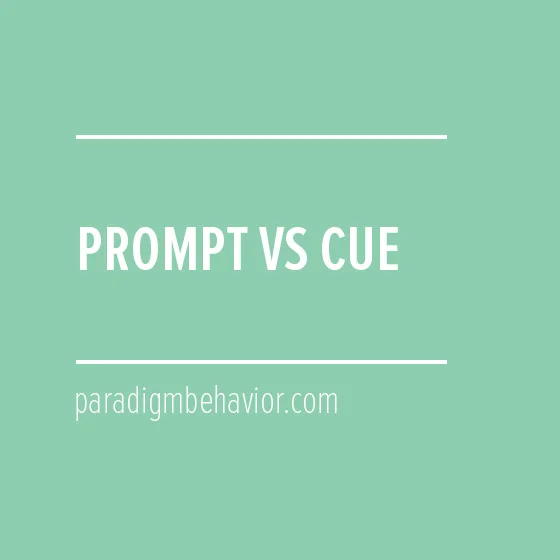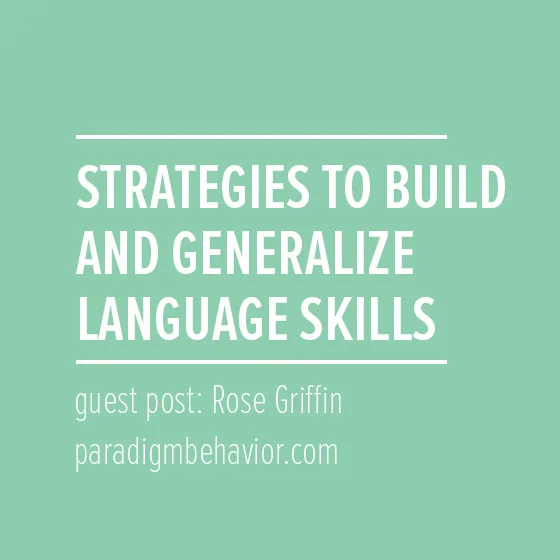The hardest job for a parent is getting through a full-blown tantrum. It's hard to think when your child is screaming in your ear and you’re running through a checklist of self-doubt:
Why did I do that to upset her?
I'm supposed to ignore. Try that.
I feel helpless and guilty.
It's getting worse. What if she's hurting?
I'm a terrible parent. I need to see if she's okay.
I know what will cheer her up. Sing her favorite song.
Okay, so this is the script in my head, but I imagine your script is pretty similar. It’s just tough for parents to listen to their child cry..
So how do you know if your child isn't hurting and you need to follow through? The first time you think “that happened out of nowhere,” I would recommend using your parental instincts and check to see if it’s a medical issue. If the tantrum continues to happen over and over again, especially in response to the same thing (see functions), it is probably safe to say it is a behavioral issue.
However, when you’re told to ignore the behavior, the behavior initially gets worse. It’s supposed to get worse. Here’s a classic example used in applied behavior analysis (ABA):
Put dollar in vending machine.
Punch numbers.
Get candy.
What happens when the vending machine ignores you and doesn’t dispense?
Put dollar in vending machine.
Punch numbers.
No candy.
Well..
Punch numbers repetitively. Maybe with more force.
No candy.
Kick the machine. Gah!
The vending machine is not giving you what it normally would, so you act out due to frustration. This is called an extinction burst (something I mentioned in the article What to Expect). When you put an end to getting what your child normally gets, you’re putting the behavior on extinction. It is not fun because essentially you’re telling your child “surprise, you’re not getting what you want if you act like that.” Their previous tactics will not get them what they want; however, the little surprise you gave them will get you a reaction.
The same goes with my daughter. If I ignore her and don’t sing to her (like I normally would to soothe), she will cry harder (intensity) and longer (duration). So yes, it got worse. A lot of times parents give up here because ignoring simply did not work, but I'm going to tell you it's so much better to power through.
We also need to remember, as I mentioned in “Ignore and Redirect”, we need to teach a replacement behavior, something a child can communicate with. For my daughter, I want her to be able to tell me “I want you to sing for me.” Right now, we’re teaching her baby signs, so we’ve taught her to wiggle her finger for “Little Bunny Foo Foo,” as well as other signs to get what she wants (mand).
By teaching her a new way of communicating, I put her crying tantrums on extinction and replaced them with more desirable behavior, but I had to power through her initial tantrums when I first started to ignore. As for the vending machine? My temper tantrum of kicking the machine was also put on extinction because I know not to go to that machine for snacks. I’ll go to a different machine. But if I do go to the same machine (without checking to see if the machine is fixed) and lose another dollar , it’s my own fault. As Michael Scott once said on The Office, “Fool me once, strike one. Fool me twice… strike three.”











Learn the difference between fading within one prompt type vs. fading across different prompt types commonly known as prompt hierarchies.